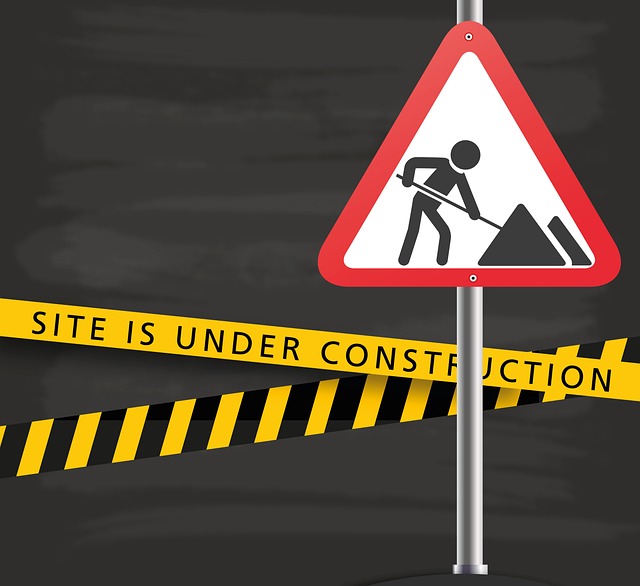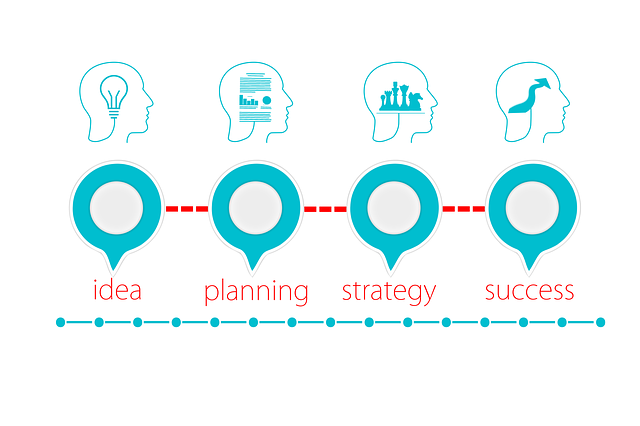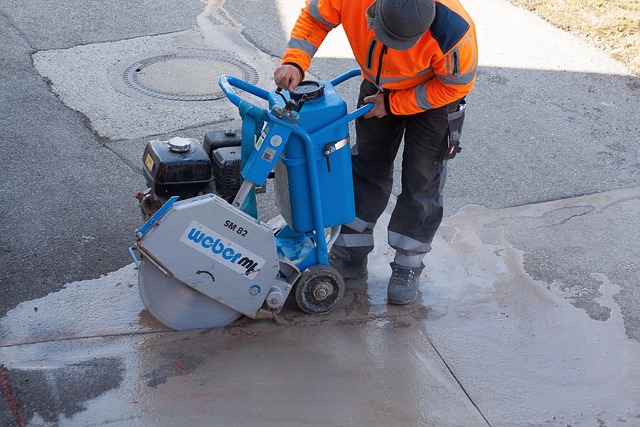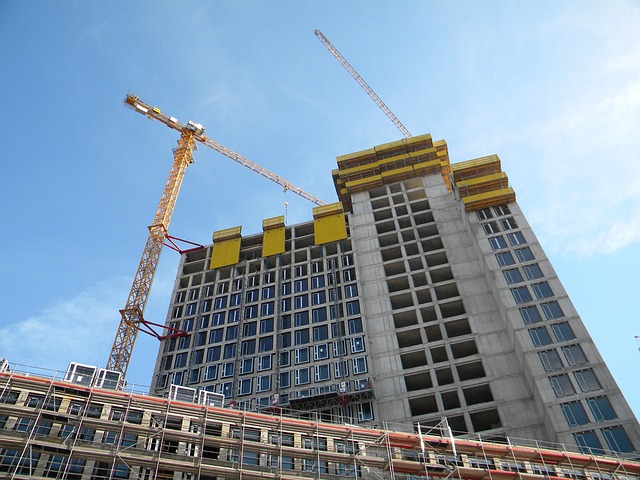An Albany Construction Manager (ACM) leads complex construction projects from start to finish, showcasing specialized knowledge in niche areas like green building and seismically-resistant structures. They utilize advanced tools for scheduling and risk assessment, ensuring quality and compliance with local codes. Effective communication and strategic planning differentiate ACMs from General Contractors (GCs), fostering alignment among stakeholders, minimizing project delays and errors, and achieving successful outcomes in the competitive Albany construction management landscape.
In the dynamic world of construction, Albany’s top managers stand out from general contractors with their specialized skills and strategic approach. This article delves into the distinct roles and responsibilities of an Albany Construction Manager, highlighting key differences in expertise and scope.
We explore how effective communication serves as the cornerstone of their success, ultimately fostering seamless project execution and client satisfaction within the vibrant Albany construction landscape. Discover what sets these professionals apart in the competitive arena of Albany construction management.
- Understanding the Role of an Albany Construction Manager
- Key Differences: Specialized Skills vs. Broad Scope
- Effective Communication: The Cornerstone of Success
Understanding the Role of an Albany Construction Manager

An Albany Construction Manager plays a pivotal role in orchestrating complex building projects within the vibrant construction industry of Albany. Their expertise lies in managing and coordinating various aspects of construction, ensuring seamless execution from start to finish. Unlike a general contractor who often oversees day-to-day operations, a construction manager focuses on strategic planning, cost management, and quality control.
They facilitate team collaboration in construction, serving as the central point of communication between architects, engineers, subcontractors, and clients. This role is crucial for efficient construction change orders processing, ensuring that any modifications to the project scope are documented, approved, and reflected in the overall design and budget. By staying abreast of the latest construction industry trends, such as resilient construction design focusing on sustainability and cost-effectiveness, these managers can make informed decisions that positively impact the project’s outcome, including a thorough cost impact analysis.
Key Differences: Specialized Skills vs. Broad Scope

When comparing a top Albany Construction Manager to a General Contractor, one key difference lies in their specialized skills versus their broader scope. An Albany Construction Manager (ACM) is often an expert in a specific niche within the construction industry, such as green building or seismically-resistant structures. They possess deep knowledge and experience in this area, enabling them to deliver exceptional quality and ensure compliance with specific codes and regulations.
In contrast, while General Contractors (GCs) have a broad understanding of construction processes, they may not have the same level of specialized training. GCs typically handle a wide range of projects, focusing on managing the overall process from start to finish. Unlike ACMs, they don’t usually possess advanced expertise in areas like sophisticated construction scheduling software or risk assessment for construction sites. This specialization allows ACMs to provide more tailored solutions and better address unique project requirements, setting them apart in the competitive Albany construction management landscape.
Effective Communication: The Cornerstone of Success

Effective communication is the cornerstone of success in any construction project, especially when distinguishing a top Albany Construction Manager from a general contractor. A skilled manager understands the importance of clear and consistent interaction with all stakeholders involved—from clients to subcontractors. They facilitate open dialogue, ensuring everyone is aligned with project goals, timelines, and budget constraints. This proactive approach minimizes misunderstandings, delays, and costly errors, fostering an environment conducive to efficient collaboration.
In complex construction projects, where numerous teams work simultaneously on different aspects, effective communication becomes even more critical. Top Albany Construction Managers utilize advanced project management tools like the Critical Path Method (CPM) to organize tasks and monitor progress. They coordinate cross-functional teams seamlessly, ensuring disaster-resistant buildings are constructed not just physically but also through robust communication strategies that prevent potential issues before they arise.
An exceptional Albany construction manager distinguishes themselves through specialized skills and effective communication, surpassing the broader scope of a general contractor. Their ability to navigate complex projects, coordinate teams, and maintain open lines of communication ensures successful outcomes for even the most challenging construction endeavors in Albany. Investing in a top-tier construction manager is key to transforming blueprints into vibrant, lasting structures that stand the test of time.














